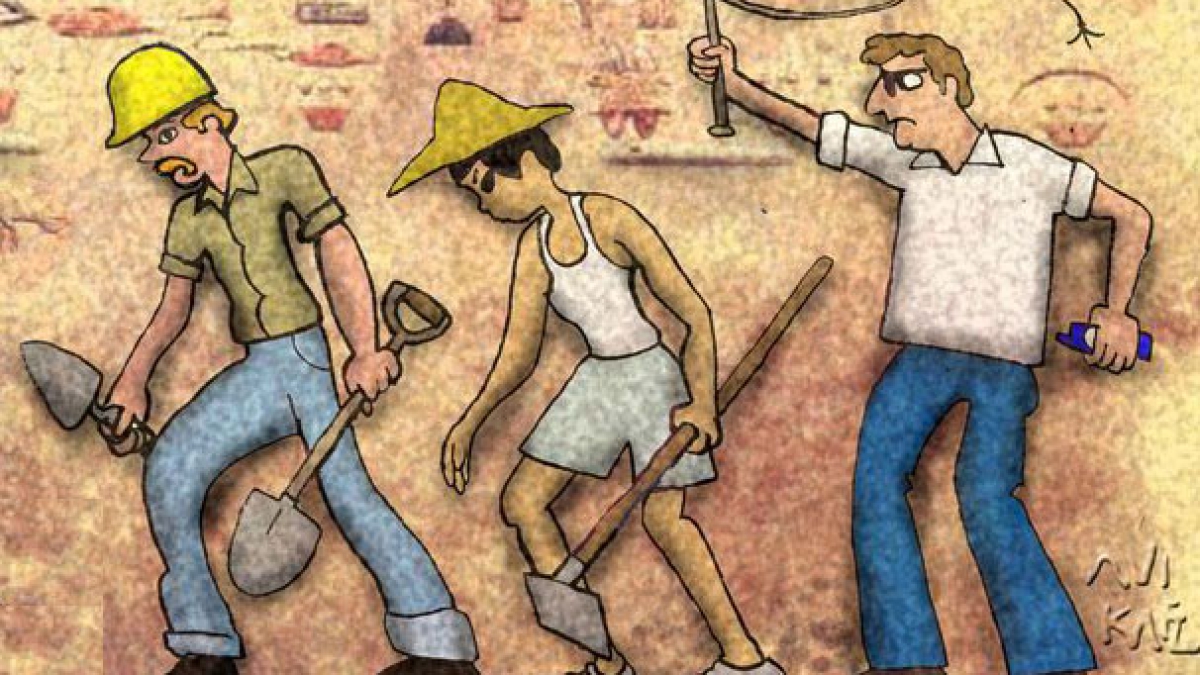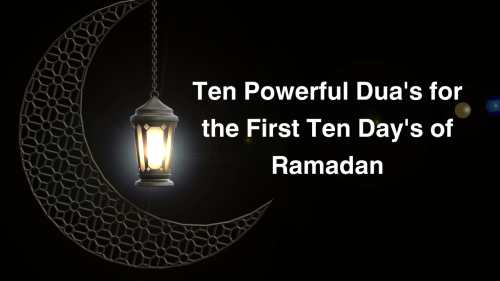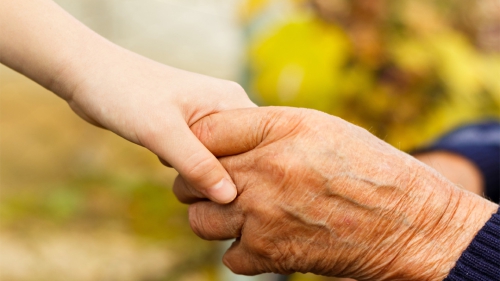A Shortage of Mercy

"Indeed," writes David Korten, "we have become so entranced in the illusion that money is a measure of real wealth and a storehouse of value that we have allowed it to displace life as our object of sacred veneration and become the ultimate arbiter of human priorities."
As the economy twists downward for most of us - as the politics of money tightens like a noose around everything we love - I think about the disintegration of human values, which insane logic and the Republicans tells us we can no longer afford.
A few days ago, Paul Buchheit wrote on Common Dreams about the poisonous nature of the ongoing privatization process: the inexorable corporate takeover of the human commons. As markets expand, the public domain - physical, social, spiritual - shrinks. It's not simply that public land is auctioned off or that water rights are taken away from us, but that our right to care for others, to organize society around a modicum of compassion, is being confiscated in the name of "sorry, can't afford it."
Last year, for instance, I wrote about a 27-year-old man who suffered a seizure in his jail cell in Rush City, Minn., but was given no medical attention, simply left lying in his own urine. A doctor had called for an ambulance when he learned of the situation, but a prison employee waved it away when it arrived because they were over their medical budget that month. The young man died in his cell, untreated.
This is an emblematic story. My guess is that it resonates with most of us simply because we sense the world getting more and more impersonal. The human connection is short-circuited everywhere.
"How is it," I asked, "that money has decreed an abundance of plastic trash in the world, an abundance of handguns and drone technology and junk food, but a shortage of ambulances for dying prisoners, a shortage of mercy?"
Buchheit, writing about various ways that the privatization process commodifies life itself, talks about "children as products" in the school system. As school personnel, under intense political and economic pressure, focus ever more single-mindedly on increasing their students' test smarts, even at the earliest grade levels, the kids' actual personalities become more and more of a nuisance to the achievement of this politically mandated agenda. Keeping order then becomes a linear, cut-and-dried process. Police or "school resource officers" patrol the hallways, attempting to keep the educational assembly line running smoothly.
Buchheit gives several recent examples of punishment overkill in U.S. schools. In January, according to ABC News, a 5-year-old girl was suspended from her elementary school in Mt. Carmel, Pa., and called a terrorist for talking to her friend about shooting bubbles at one another with a little pink squirt gun called Hello Kitty. The girl didn't have Hello Kitty with her; she was just talking about it. Now this "act of terrorism" is on her permanent record.
And The Guardian last year wrote of a 12-year-old girl at a middle school in Austin, Texas, who, after being taunted in class with remarks such as "You smell," sprayed herself with two blasts of perfume. Apparently the scent filled the classroom and the teacher called to the police officer who was patrolling the hallway. The officer removed the girl from class; she was charged with a criminal misdemeanor and ordered to appear in court.
The article notes that, in 2010, nearly 300,000 misdemeanor tickets were issued to Texas schoolchildren as young as 6 for an array of remarkably trivial acts of misbehavior, which of course become part of their record and could cost them a job or college placement later. "Pupils are being arrested for throwing paper planes and failing to pick up crumbs from the canteen floor. Why," asks reporter Chris McGreal "is the state criminalizing normal childhood behavior?"
Certainly there is a legacy of dehumanization of various categories of people in the United States and throughout Western civilization that goes back to the dawn of history, so in one sense this craziness isn't new. On the other hand, much of it feels new - the incursion of inhumane objectification of life itself into uncharted territory. And usually the root of such activity turns out to be economic: We're dividing the planet into bits and pieces of itself, and every fragment has a price tag. This is called economic growth.
There are no superficial solutions to this, only deep solutions. As Korten writes on his website: "Most discussions of issues relating to the environment, justice, peace, poverty, race, gender, immigration, crime, values, education, family, and much else focus on actions to alleviate downstream consequences of upstream system failures."
The failure upstream is an economic system that exploits life rather than serves it. While no one can game life itself, those who have sufficient smarts and sufficient indifference to the consequences of what they do can game the economic system. But it's the system itself - the coldness at the moment of transaction, the social disconnect that money creates, which divides the human race into us and them and bequeaths power in wild disproportion - that is the ultimate problem.
And it's our unquestioned acceptance of it that gives the system the power to eat us alive.
*****
Robert Koehler is an award-winning, Chicago-based journalist and nationally syndicated writer. His new book, Courage Grows Strong at the Wound (Xenos Press) is now available. Contact him at koehlercwgmail.com, visit his website at commonwonders.com or listen to him at Voices of Peace radio.
2013 TRIBUNE MEDIA SERVICES, INC.
Related Suggestions

















